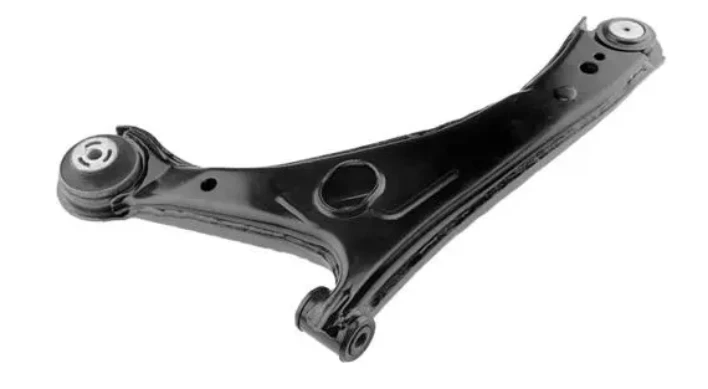3 月 . 04, 2025 10:08
Back to list
Drive Shaft Bracket 5-37516-006-0
Control arms are a crucial component of any vehicle's suspension system, often overlooked yet immensely significant in ensuring safety and stability. These pivotal parts connect the wheel hub and the chassis, allowing for seamless handling and precise control over the wheels' movement. Understanding the intricate engineering and manufacturing process behind control arms is essential for anyone invested in automotive technology, safety, and performance enhancement.
In terms of consumer engagement, leading control arm manufacturers are continually enhancing their direct-to-consumer strategies. Utilizing digital platforms and a user-centric approach, they provide comprehensive information about their product range, installation guides, and maintenance tips. This transparency fosters trust as it empowers consumers with knowledge, allowing them to make informed decisions regarding their vehicle's suspension needs. Furthermore, partnering with automotive experts, entities, and communities, manufacturers strive to build an authoritative presence in the automotive domain. Sharing insights, innovations, and advancements via workshops, webinars, and online forums boosts their reputation as leaders in the field. Establishing themselves as educational resources not only enhances their credibility but also contributes to the broader discourse on automotive safety and innovation. Control arm manufacturers continue to push the frontiers of technological advancements, adopting sustainable practices and eco-friendly materials. As the automotive industry shifts towards more environmentally responsible solutions, manufacturers are exploring recyclable materials and processes that reduce environmental impact without compromising performance. Consumer trust is fortified by consistent delivery of superior products and ongoing support. Comprehensive warranties, customer feedback mechanisms, and responsive after-sales services exemplify the commitment of manufacturers to maintaining high levels of customer satisfaction. By addressing customer concerns promptly and effectively, they reinforce the notion that their products are both trustworthy and reliable. Thus, the excellence and innovation witnessed in control arm manufacturing are the outcomes of a meticulous blend of technical expertise, industry collaboration, consumer engagement, and sustainable practices. As these manufacturers continue to innovate, they not only elevate the standards of vehicle safety and performance but also fortify their standing as authoritative and trusted entities within the automotive industry.


In terms of consumer engagement, leading control arm manufacturers are continually enhancing their direct-to-consumer strategies. Utilizing digital platforms and a user-centric approach, they provide comprehensive information about their product range, installation guides, and maintenance tips. This transparency fosters trust as it empowers consumers with knowledge, allowing them to make informed decisions regarding their vehicle's suspension needs. Furthermore, partnering with automotive experts, entities, and communities, manufacturers strive to build an authoritative presence in the automotive domain. Sharing insights, innovations, and advancements via workshops, webinars, and online forums boosts their reputation as leaders in the field. Establishing themselves as educational resources not only enhances their credibility but also contributes to the broader discourse on automotive safety and innovation. Control arm manufacturers continue to push the frontiers of technological advancements, adopting sustainable practices and eco-friendly materials. As the automotive industry shifts towards more environmentally responsible solutions, manufacturers are exploring recyclable materials and processes that reduce environmental impact without compromising performance. Consumer trust is fortified by consistent delivery of superior products and ongoing support. Comprehensive warranties, customer feedback mechanisms, and responsive after-sales services exemplify the commitment of manufacturers to maintaining high levels of customer satisfaction. By addressing customer concerns promptly and effectively, they reinforce the notion that their products are both trustworthy and reliable. Thus, the excellence and innovation witnessed in control arm manufacturing are the outcomes of a meticulous blend of technical expertise, industry collaboration, consumer engagement, and sustainable practices. As these manufacturers continue to innovate, they not only elevate the standards of vehicle safety and performance but also fortify their standing as authoritative and trusted entities within the automotive industry.
Latest news
Upgrade Your Vehicle with Quality Control Arms
NewsNov.01,2024
Unlock Superior Performance with Our Control Arms for Sale
NewsNov.01,2024
Unlock Optimal Vehicle Performance with Diverse Control Arm Types
NewsNov.01,2024
Transform Your Ride with Lower Control Arm Replacement
NewsNov.01,2024
Revolutionize Your Ride with Control Arm Mounts
NewsNov.01,2024
Elevate Your Vehicle with Premium Control Arms
NewsNov.01,2024









